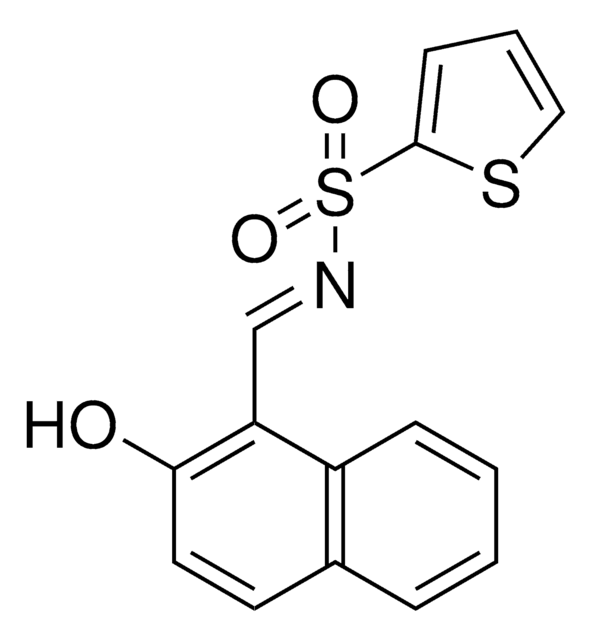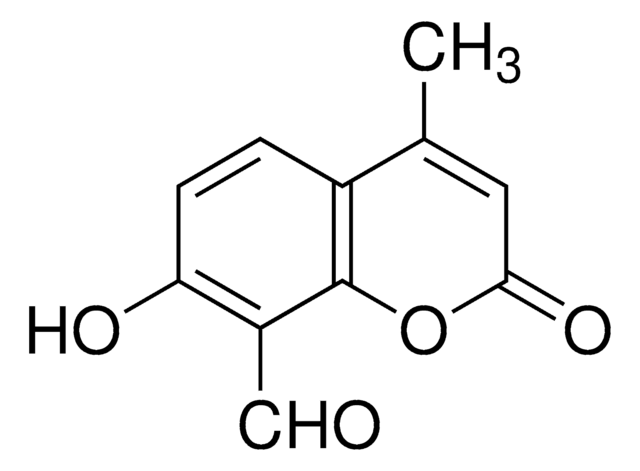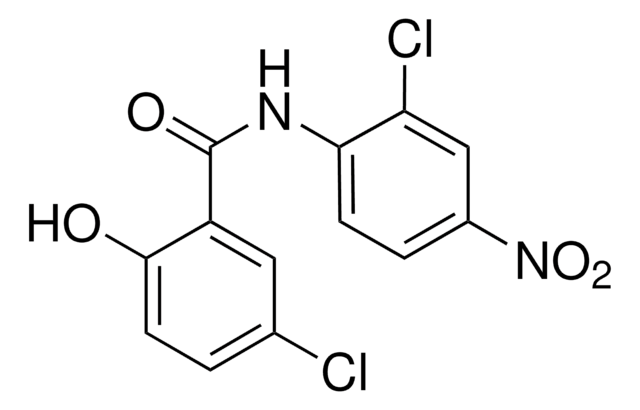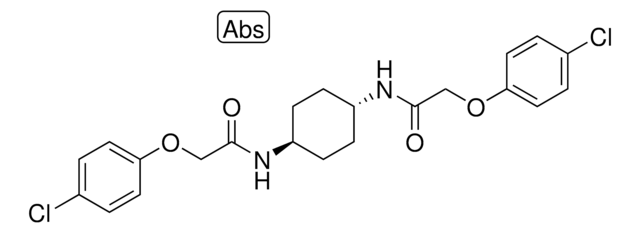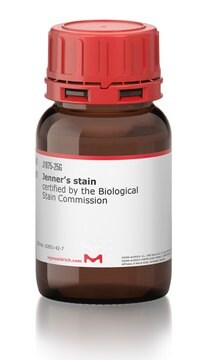412510
IRE1 Inhibitor I, STF-083010
The IRE1 Inhibitor I, STF-083010 controls the biological activity of IRE1. This small molecule/inhibitor is primarily used for Biochemicals applications.
Synonym(s):
IRE1 Inhibitor I, STF-083010, ER-to-Nucleus Signaling 1 Inhibitor I, ERN1 Inhibitor I, Inositol-Reguiring Protein 1 Inhibitor I, STF083010, N-[(2-Hydroxynaphthalen-1-yl)methylidene]thiophene-2-sulfonamide, N-[(2-Hydroxy-1-naphthyl)methylene]-2-thiophenesulfonamide, N-[(2-Hydroxynaphthalen-1-yl)methylidene]thiophene-2-sulfonamide, N-[(2-Hydroxy-1-naphthyl)methylene]-2-thiophenesulfonamide, ER-to-Nucleus Signaling 1 Inhibitor I, ERN1 Inhibitor I, Inositol-Reguiring Protein 1 Inhibitor I, STF083010
About This Item
Recommended Products
Quality Level
Assay
≥98% (HPLC)
form
powder
manufacturer/tradename
Calbiochem®
storage condition
OK to freeze
protect from light
color
yellow
solubility
DMSO: 100 mg/mL, clear, yellow
shipped in
ambient
storage temp.
2-8°C
SMILES string
[S](=O)(=O)(\N=C\c2c3c(ccc2O)cccc3)c1[s]ccc1
InChI
1S/C15H11NO3S2/c17-14-8-7-11-4-1-2-5-12(11)13(14)10-16-21(18,19)15-6-3-9-20-15/h1-10,17H/b16-10+
General description
Packaging
Warning
Reconstitution
Other Notes
Papandreou, I., et al. 2010. Blood117, )1311.
Legal Information
Storage Class Code
11 - Combustible Solids
WGK
WGK 3
Flash Point(F)
Not applicable
Flash Point(C)
Not applicable
Regulatory Listings
Regulatory Listings are mainly provided for chemical products. Only limited information can be provided here for non-chemical products. No entry means none of the components are listed. It is the user’s obligation to ensure the safe and legal use of the product.
JAN Code
412510-MG:
412510-10MG:
Certificates of Analysis (COA)
Search for Certificates of Analysis (COA) by entering the products Lot/Batch Number. Lot and Batch Numbers can be found on a product’s label following the words ‘Lot’ or ‘Batch’.
Already Own This Product?
Find documentation for the products that you have recently purchased in the Document Library.
Customers Also Viewed
Our team of scientists has experience in all areas of research including Life Science, Material Science, Chemical Synthesis, Chromatography, Analytical and many others.
Contact Technical Service![PERK Inhibitor I, GSK2606414 GSK2606414 is a cell-permeable, highly potent inhibitor of EIF2AK3/PERK (IC₅₀ = 0.4 nM; [ATP] = 5 µM). Targets PERK in its inactive DFG conformation at the ATP-binding region.](/deepweb/assets/sigmaaldrich/product/structures/180/559/efa716dc-d5fe-4339-a6f0-0103084fc04a/640/efa716dc-d5fe-4339-a6f0-0103084fc04a.png)
